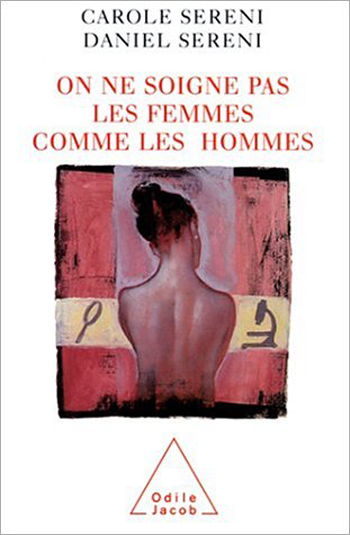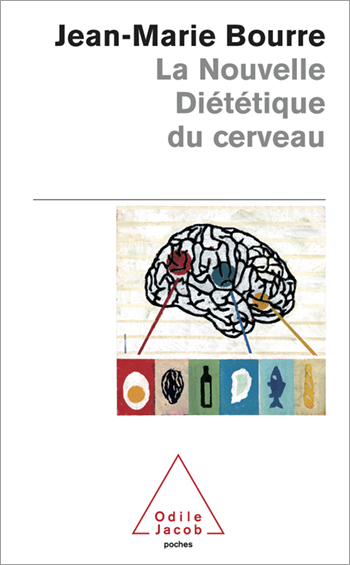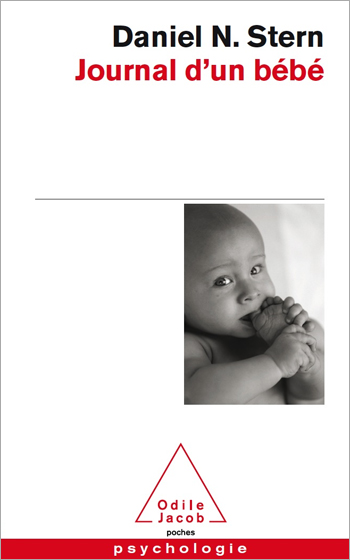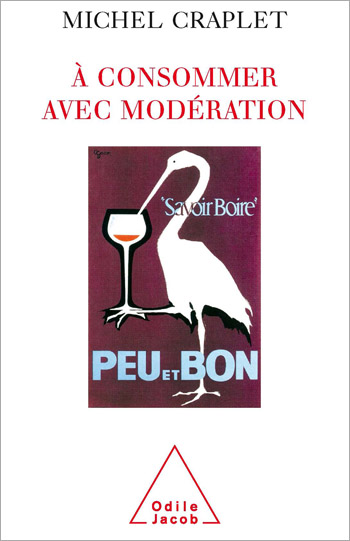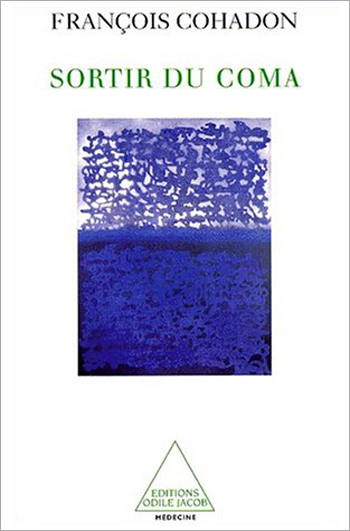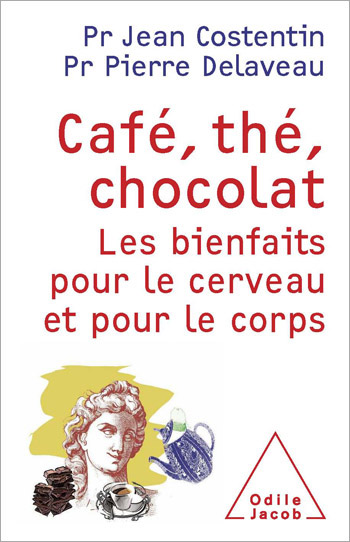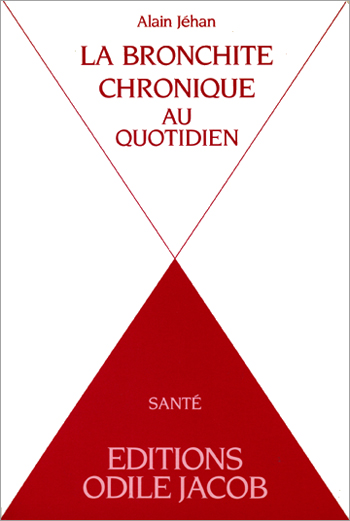Medicine All books
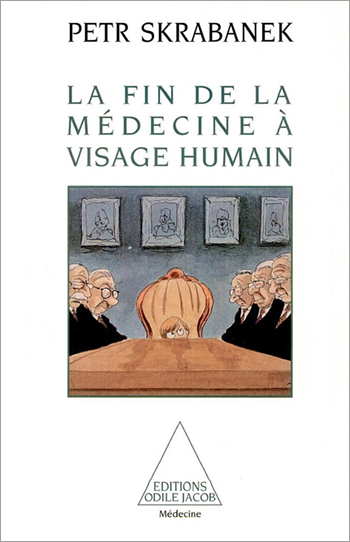
Petr Skrabanek
The End of Humanitarian Medicine
Medicine is at a crossroads. Traditionally, practitioners helped patients who came to them looking for support, for something to alleviate their suffering. However, the progress which has been accomplished in the last few decades has changed everything. Doctors now claim to be fighting death itself, they believe medicine to have almost limitless powers, and they try to prevent illness by changing behaviour. From this point onwards, our entire existence becomes overmedicalized. In the name of health at any price, doctors now dictate, prescribe and legislate whilst forgetting the essential meaning of their job : to help and to care. A violent criticism of contemporary medicine.
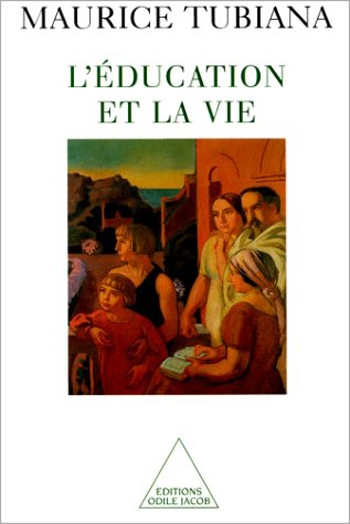
Maurice Tubiana
Education and Life
This book is a reflection on the alarming fact that France has the highest level of violent deaths (from suicide, drugs, and road accidents) in all Europe among young people between 18 and 22 years old. Tubiana analyses the pleasure principle which runs through our culture and our values, the Freudian principle that demands the immediate satisfaction of our impulses. This brings him to denounce postmodern individualism which does not make any room for the collective interest. Maurice Tubiana is a world-reknowned oncologist and member of the French Academy of Science and the Academy of Medicine.
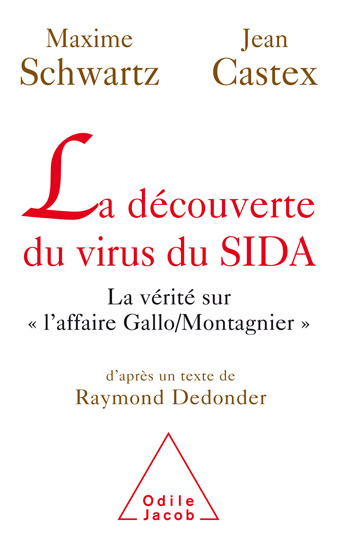
Maxime Schwartz, Jean Castex
The Discovery of the AIDS virus The Truth about Gallo/Montagnier affair
In Stockholm, on 10 December 2008, the King of Sweden awarded the Nobel Prize in medicine to Françoise Barré-Sinoussi and Luc Montagnier, for their discovery of the AIDS virus...
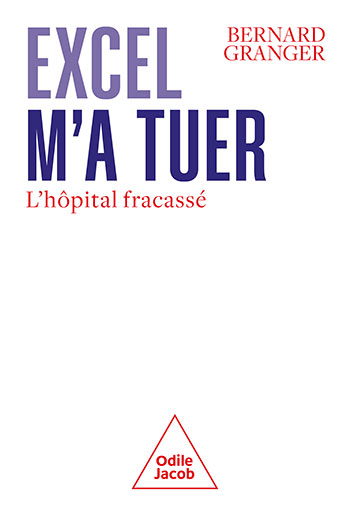
Bernard Granger
The Death of the Hospital?
After two years of health crisis, emergency response measures, overflowing hospitals and mass mobilization, a clear-eyed account of the state of hospitals today based on insider experience and lived examples.
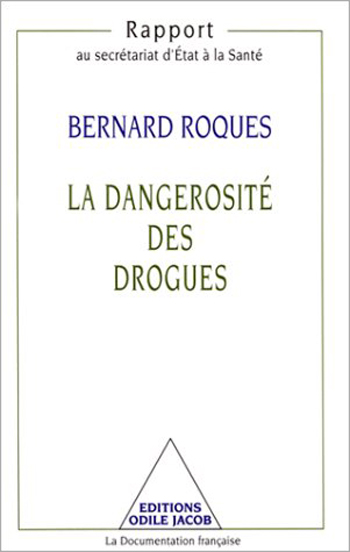
Bernard Roques
The Danger of Drugs
This book is the result of a study on drugs carried out by Bernard Roques at the request of the French Secretary of State for Health, Bernard Kouchner. The author has reviewed and summarised a large body of information from all over the world, so this is a thorough, detailed scientific examination of what is known today of the potential dangers, particularly for the brain, of toxic and psychotropic drugs including alcohol and tobacco which are often associated with the consumption of other drugs. Roques study will doubtless play a major role in public health discussions and decisions, particularly in the fight against alcoholism and nicotine addiction. Bernard Roques is a member of the French Académie des Sciences.
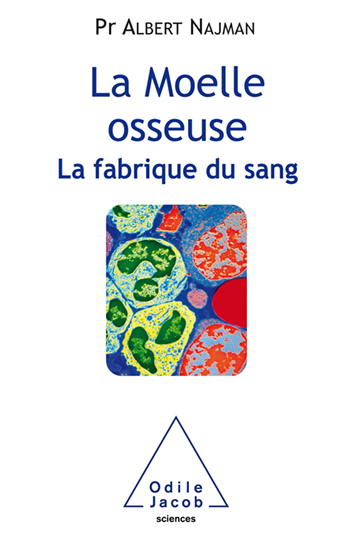
Albert Najman
Creating Blood, Bone Marrow
The most recent discoveries in the functioning of bone marrow represent a great hope for treating diseases such as thalassemia, leukemia, lymphoma, and others.
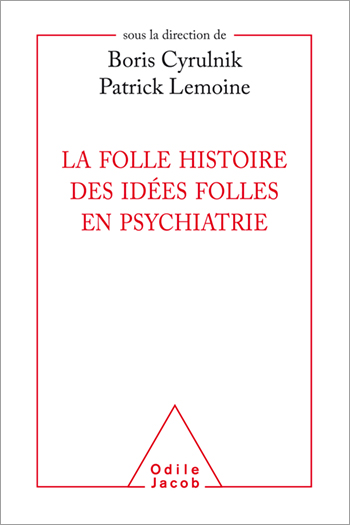
Boris Cyrulnik, Patrick Lemoine
The Crazy History of Crazy Ideas in Psychiatry
A lively and illuminating perspective on the history of a discipline that is still young. Unusual reflections on the future of treatment for psychiatric illness, based on past mistakes. Suggestions for helping the near future to become the Golden Age of psychiatry.
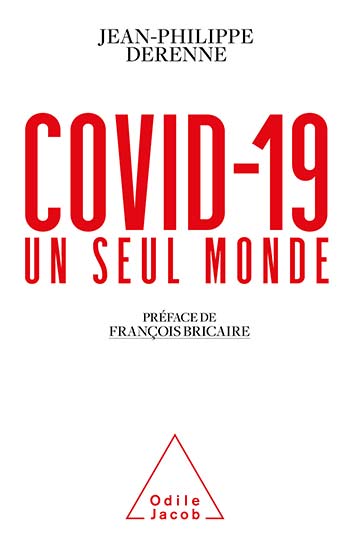
Jean-Philippe Derenne
Covid-19
All that we know about the plasticity of this virus, which is constantly mutating and changing, which makes it completely unpredictable. Even in countries where the crisis was believed to be over (China, Iceland, Slovakia, etc.), new cases are emerging.
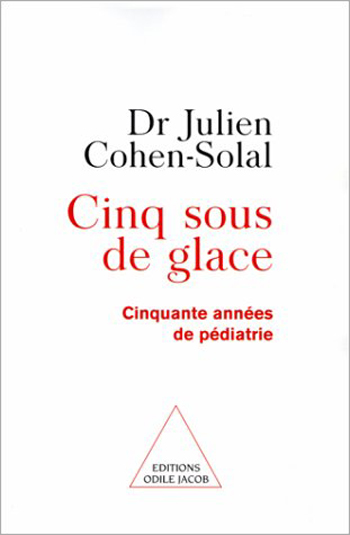
Julien Cohen-Solal
Cinq sous de glace Fifty Years of Pediatrics
Julien Cohen-Solal has made some of the greatest progress over the past several decades in France in understanding the needs of young children. After many of his books have become classics in the field and served as landmarks to many families, Cohen-Solal tells today of his childhood and adolescence in Algeria during the 30s and 40s, of his discovery of the Parisian post-war medical world, of the influences and discoveries that punctuated his education, and of relationships with parents and children that were important to him. Now is the occassion to celebrate fifty years of pediatrics in France, fifty years of scientific, clinical, and psychological advances.

